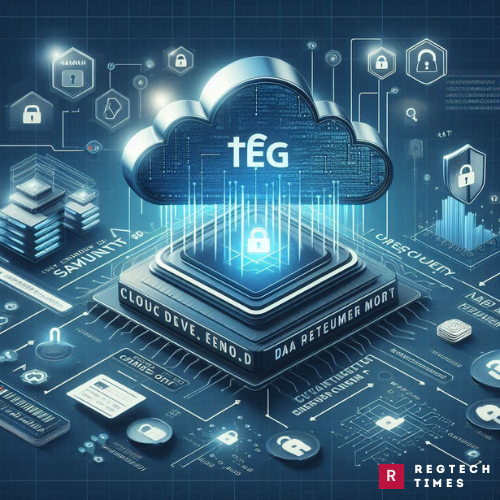The TEG data breach has once again highlighted the ongoing cybersecurity challenges that companies around the globe continue to confront, thrusting Australian live events and ticketing leader TEG into the forefront. Reports surfaced recently that a hacker had accessed and advertised the personal information of 30 million TEG customers on a notorious hacking forum. The breach, affecting TEG-owned ticketing company Ticketek, has raised alarms about data security practices and vulnerabilities in cloud-based platforms.
The Scope of the TEG Data Breach
The compromised data reportedly includes extensive personal details such as full names, genders, dates of birth, usernames, hashed passwords, and email addresses. Despite assurances from Ticketek that no customer accounts were directly compromised due to encryption methods used for passwords, sensitive information like names, dates of birth, and email addresses may have been exposed, according to TEG.
Verification and Implications
Verification efforts by TechCrunch confirmed the authenticity of some stolen data through attempts to create new accounts using published email addresses, which were already in use on Ticketek’s website. This confirmation highlights the severity and reality of the TEG data breach, highlighting potential risks for affected customers, including identity theft and phishing attempts.
Cloud Platform Involvement
The incident has drawn attention to the cloud-based platform utilized by TEG, purportedly hosted by Snowflake, a prominent global provider of cloud data warehousing services. While Snowflake has denied direct involvement in the TEG data breach and any evidence of platform vulnerabilities, the speculation persists due to recent similar incidents affecting other Snowflake customers like Ticketmaster and Santander Bank.
Cybersecurity Challenges and Response
Cybersecurity experts and industry analysts are scrutinizing the TEG data breach as a case study in cloud security vulnerabilities. The emphasis is on the importance of robust cybersecurity measures, including multi-factor authentication (MFA) and encryption protocols, to safeguard sensitive customer data stored in cloud environments. The involvement of infostealing malware, as suggested by Snowflake, further emphasizes the need for proactive security measures.
Industry Insights and Precautionary Measures
The TEG data breach serves as a wakeup call for organizations relying on cloud services for data storage and management. It highlights the critical need for continuous monitoring, timely threat detection, and rapid incident response protocols to mitigate risks effectively. Companies must prioritize cybersecurity investments, including staff training, security audits, and partnerships with reputable cybersecurity firms, to fortify their defenses against evolving cyber threats.
Consumer Trust and Legal Implications
Beyond technical implications, the TEG data breach raises concerns about consumer trust and regulatory compliance. Customers entrust their personal information to companies like TEG with the expectation of robust data protection measures. Any compromise in this trust can lead to reputational damage and potential legal repercussions under data protection laws, such as Australia’s Privacy Act and the European Union’s GDPR.
Conclusion
As investigations into the TEG data breach continue, it serves as a pivotal moment for organizations worldwide to reassess their cybersecurity strategies. The incident highlights the interconnectedness of data security, cloud infrastructure, and regulatory compliance in today’s digital landscape. By learning from this breach and implementing proactive measures, businesses can enhance their resilience against cyber threats and uphold their commitment to protecting customer data privacy.
In summary, the TEG data breach is not just a cautionary tale but a compelling call to action for businesses to prioritize cybersecurity as a core business imperative. Only through proactive measures and collective industry vigilance can organizations navigate the complex cybersecurity landscape and safeguard customer trust in an increasingly digital world.
This breach serves as a reminder of the cybersecurity risks companies face, particularly when handling sensitive customer data in cloud environments. The implications of the TEG data breach extend beyond immediate technical concerns to encompass broader issues of trust, compliance, and accountability in the digital age.




